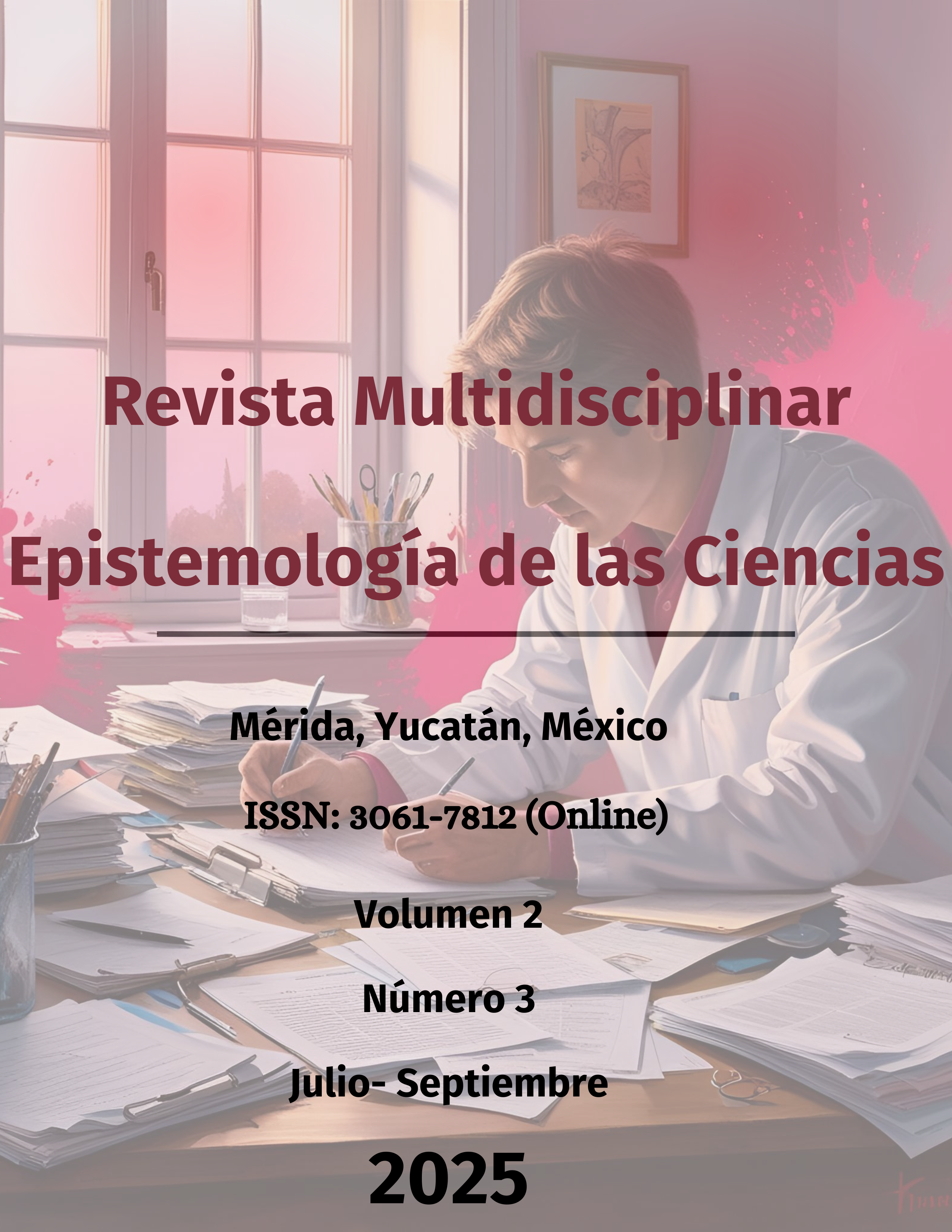Gender, rights, and humanitarian assistance conditions for migrant women in shelters in Mexicali, Baja California
DOI:
https://doi.org/10.71112/8rk9hc39Keywords:
migrant women, quality of life, shelters, humanitarian assistance, genderAbstract
This study explores the relationship between humanitarian assistance and the quality of life of migrant women in shelters in Mexicali, Baja California. Grounded in a feminist intersectional framework and a mixed-methods, descriptive-correlational design, the research involved surveys with 120 migrants and interviews with coordinators of three types of shelters: public, civil society–run, and altruistic. The findings reveal structural shortcomings, uneven resource distribution, and gendered vulnerabilities, particularly affecting women, girls, and adolescents. Women sustain care networks both as users and as unpaid providers, yet face precarious conditions marked by irregular access to hygiene, safety, and employment. The study argues that humanitarian assistance, when lacking a gender-sensitive and rights-based perspective, fails to improve quality of life during transit. It calls for policies that integrate gender across all stages of care and recommends building community-based networks that promote collective responsibility and dignified support.
Downloads
References
Alto Comisionado de las Naciones Unidas para los Refugiados (ACNUR). (2021, mayo). 2020: Principales resultados ACNUR México. https://www.acnur.org
Beauchamp, T. L., & Childress, J. F. (2019). Principles of biomedical ethics (8.ª ed.). Oxford University Press. https://doi.org/10.1080/15265161.2019.1665402 DOI: https://doi.org/10.1080/15265161.2019.1665402
Castillo, M. A. (2020). Migración en tránsito por México: Retos para la política migratoria. El Colegio de la Frontera Norte.
Castillo García, A., & García, K. (2021, 28 de octubre). El Título 42 explicado: La oscura política de salud pública… Los Angeles Times. https://lat.ms/35SdMQN
Castles, S., & Miller, M. J. (2014). The age of migration: International population movements in the modern world (5.ª ed.). Palgrave Macmillan.
Collins, C. (1998). Critiques of humanitarianism and humanitarian action. En Humanitarian coordination lessons learned.
Collins, P. H. (2019). Intersectionality as critical social theory. Duke University Press. DOI: https://doi.org/10.1215/9781478007098
Creswell, J. W., & Plano Clark, V. L. (2018). Designing and conducting mixed methods research (3.ª ed.). SAGE Publications. https://doi.org/10.4236/ijamsc.2019.74005 DOI: https://doi.org/10.4236/ijamsc.2019.74005
Espinosa, Y. (2022). Ética del cuidado y migración: Una mirada feminista a la asistencia humanitaria. Revista Latinoamericana de Estudios de Género, 14(2), 45–62. https://www.redalyc.org/journal/5526/552668721003/html/
Gutiérrez Rodríguez, E. (2018). El patriarcado humanitario: Género, migración y colonialidad. Traficantes de Sueños.
Haraway, D. J. (1988). Situated knowledges: The science question in feminism and the privilege of partial perspective. Feminist Studies, 14(3), 575–599. https://doi.org/10.2307/3178066 DOI: https://doi.org/10.2307/3178066
Harding, S. (1995). “Strong objectivity”: A response to the notion of objectivity question. Synthese, 104(3), 331–349. https://doi.org/10.1007/BF01064504 DOI: https://doi.org/10.1007/BF01064504
Harroff Tavel, M. (1989). Neutralidad e imparcialidad: De la importancia y la dificultad… Revista Internacional de la Cruz Roja, (96), 569–587. DOI: https://doi.org/10.1017/S0250569X00016083
Instituto Nacional de Estadística y Geografía (INEGI). (2021). Cifras de turismo 2021. https://www.inegi.org.mx
Johnson, R. B., & Onwuegbuzie, A. J. (2004). Mixed methods research: A research paradigm whose time has come. Educational Researcher, 33(7), 14–26. https://doi.org/10.3102/0013189X033007014 DOI: https://doi.org/10.3102/0013189X033007014
Kalshoven, F. (1989). Imparcialidad y neutralidad en el derecho internacional humanitario y en la práctica. Revista Internacional de la Cruz Roja, (96), 548–568. DOI: https://doi.org/10.1017/S0250569X00016071
Kaplan, D., & Hernández, J. (2022). ¿Será el 2022 el año del trabajador? México, ¿Cómo Vamos? https://bit.ly/3vrElr0
Macrae, J. (1996). The origins of unease: Setting the context of current ethical debates. En ECHO VOICE, Ethics in humanitarian aid… Bruselas.
Massey, D. S., Arango, J., Hugo, G., Kouaouci, A., Pellegrino, A., & Taylor, J. E. (1993). Theories of international migration: A review and appraisal. Population and Development Review, 19(3), 431–466. https://doi.org/10.2307/2938462 DOI: https://doi.org/10.2307/2938462
Moreno Bau, Á. (2020, 4 de septiembre). Los retos de la acción humanitaria. El País. https://elpais.com/elpais/2020/09/04/planeta_futuro/1599212897_793592.html
Moreno Mena, J. A., & Niño Contreras, L. (2013). Una mirada hacia las organizaciones civiles de apoyo al migrante en Baja California y Sonora. Región y Sociedad, 25(57), 61–96. http://www.scielo.org.mx/scielo.php?script=sci_arttext&pid=S1870-39252013000200003 DOI: https://doi.org/10.22198/rys.2013.57.a112
Pedone, C. (2021). Infancias y juventudes migrantes: Miradas desde la interseccionalidad. Revista Latinoamericana de Ciencias Sociales, Niñez y Juventud, 19(1), 15–31. https://revistaumanizales.cinde.org.co/rlcsnj/index.php/Revista-Latinoamericana/article/view/5123
Pérez Orozco, A. (2014). Subversión feminista de la economía: Aportes para un debate sobre el conflicto capital vida. Traficantes de Sueños.
Pogge, T. (2002). World poverty and human rights: Cosmopolitan responsibilities and reforms. Polity Press. DOI: https://doi.org/10.7551/mitpress/3302.003.0008
Portes, A., & Böröcz, J. (1989). Contemporary immigration: Theoretical perspectives on its determinants and modes of incorporation. International Migration Review, 23(3), 606–630. https://doi.org/10.1177/019791838902300303 DOI: https://doi.org/10.1177/019791838902300311
Ramos García, J. A., Villarreal Sotelo, K., & Vargas Orozco, C. M. (2021). La frontera de Reynosa y los albergues de acogida para migrantes mexicanos deportados: Un primer acercamiento. Migraciones Internacionales, 12(1), e1952. https://doi.org/10.33679/rmi.v1i1.1952 DOI: https://doi.org/10.33679/rmi.v1i1.1952
Sen, A. (2009). The idea of justice. Harvard University Press. https://doi.org/10.4159/9780674054578 DOI: https://doi.org/10.4159/9780674054578
Shields, S. A. (2015). Gender: An intersectionality perspective. Sex Roles, 59(5–6), 301–311. https://doi.org/10.1007/s11199-008-9501-8 DOI: https://doi.org/10.1007/s11199-008-9501-8
U.S.–Mexico Foundation, Cabrera, A., & Casas Alatriste, P. (2021, enero). Inmigración en México: Más apertura, menos barreras. https://bit.ly/3HFKwe4
Vargas, I. (2021, noviembre). México tiene el nivel más alto de escasez de talento, ¿qué vamos a hacer? Business Insider. https://bit.ly/3rwm4WZ
Downloads
Published
Issue
Section
License
Copyright (c) 2025 Multidisciplinary Journal Epistemology of the Sciences

This work is licensed under a Creative Commons Attribution 4.0 International License.











